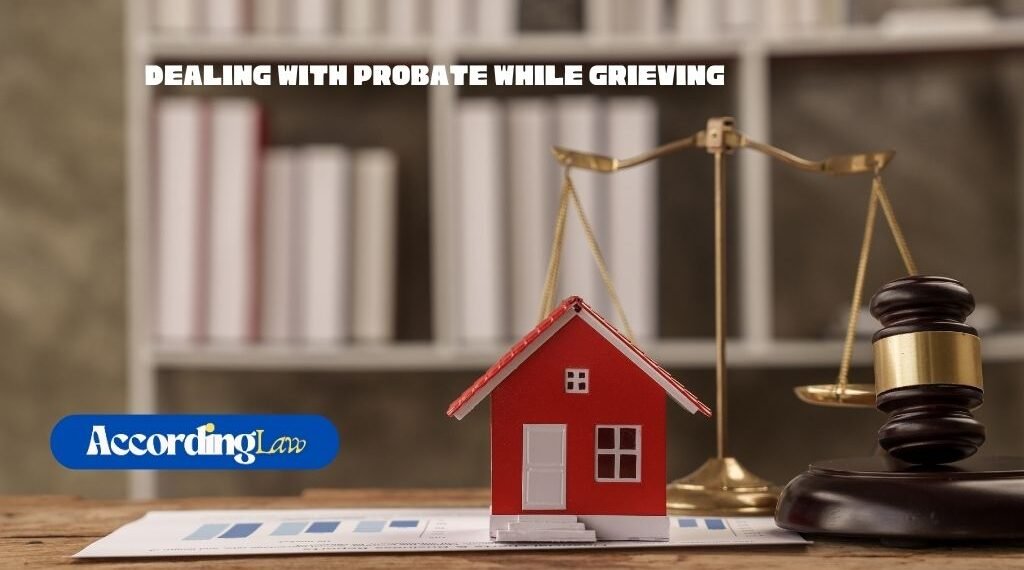Losing someone close is rough. The last thing you want to do is deal with legal stuff, but it usually can’t be avoided.
Probate is what the court uses to let someone sort out a person’s estate after they’ve died. That includes property, money, bank accounts, and any personal items. It can take time. It often comes when you’re least ready for it.
If you’re stuck handling this or helping someone who is, here are a few things that might actually help.
Table of Contents
Don’t feel like you have to do everything at once
QLD Estate Lawyers, who are probate lawyers in Brisbane, told us:
“People will tell you to act fast. Most of them don’t know what they’re talking about. Yes, the death does need to be registered quickly. That part is important. But starting probate? That can usually wait.
If you’re still in shock, give it a minute. Do the urgent stuff. Leave the rest until your head clears a bit. Rushing through it helps no one.”
Get the basics sorted first
You need a death certificate. Get a few copies, not just one. Pretty much everyone will ask for it. Banks. Insurance. Pension companies. They all want the official document.
Then find the will. This tells you who the executor is. That’s the person responsible for sorting the estate.
If there’s no will, someone close has to apply to the court to handle things instead. Look around the house. Check with their solicitor. If you’re still stuck, try will registers online.
Find out if probate is even needed
Not every estate goes through probate. It depends what the person owned and how it was set up.
If they owned things jointly, the surviving person often takes over automatically. Some banks will release small amounts without anything formal. You’d be surprised what you can skip.
But if they had a house or larger savings in their name alone, probate is usually needed. Each bank has its own rules. You’ll need to call and ask.
If you’re the executor, know what you’re taking on
Being the executor is not an honour. It’s a job. You’re expected to track down all the assets, pay any debts, sort the paperwork, and pass on what’s left to the right people.
It’s a lot. You don’t have to do it alone though. Some people hire probate specialists. Others get a solicitor to do the hard parts. If it’s too much, you can step aside. If there’s more than one executor, you can split the work.
Start keeping records straight away
This stuff gets confusing fast.
Make a folder. Doesn’t matter if it’s on your computer or in a drawer. Write everything down. Who you spoke to. What they said. What’s left to do. Keep copies of everything.
It will save you from losing your mind later. Especially when things start piling up.
Ask for help
There’s no prize for struggling through it all on your own.
Talk to someone. A solicitor can explain what to do. Some will take the whole thing off your hands. That’s not a bad idea, especially if the estate is complicated or if people start arguing.
And then there’s the emotional side. You’re dealing with a loss. That doesn’t stop just because you’ve got forms to fill in.
Speak to your doctor. Reach out to grief support. Talk to a friend. It helps.
Last bit of advice
You’re doing something hard at the worst possible time. It’s fine to move slowly. It’s fine to ask for help. You don’t need to do it all today. One step at a time is enough.
If you would like more guidance on navigating complex legal matters, please explore these key legal tips when dealing with insurance claims after an accident.


